Our orders were simple: invade Russia today. They didn’t fire back
Ukrainians in the first wave of the invasion of the Kursk region say they met little initial resistance from Putin’s forces.
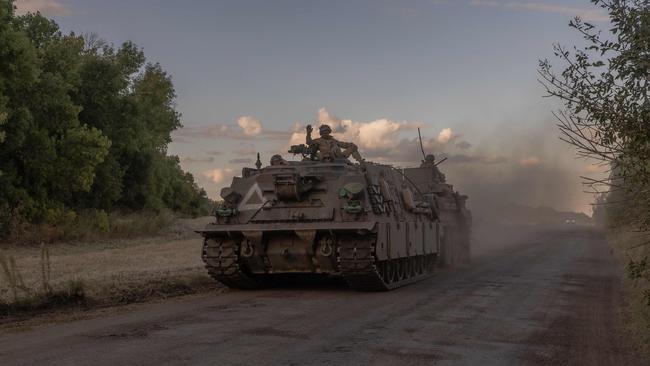
Adam and his unit were asleep in their dugout in the woods around Sumy when they were woken by their commander and given orders. Today they were going to invade Russia.
An hour later, at 3am on Tuesday August 6, they crossed the border riding in armoured vehicles, among the first Ukrainian soldiers to do so. As artillery roared overhead, the unit of nine men, who only days earlier had been abruptly pulled from their position defending the city of Vovchansk, pushed on as the sun began to rise.
At about 7am they encountered Russians for the first time, a unit of 11 men slowly crossing a field. But unlike the seasoned enemies they had spent years battling against on the front lines, these were “just kids … when they saw us, they surrendered immediately. They didn’t even try to fight back,” said Adam, a 38-year-old combat medic from Kherson with five years of fighting experience.
The point along the Sumy-Kursk border where Ukraine launched its incursion into Russia was chosen for a reason. Manned largely by conscripts and border guards, it had been identified as the soft underbelly between the two warring nations.
The highly co-ordinated assault utilised some of Ukraine’s most battle-hardened fighters, supported by aviation, artillery and a radio-electronic blitzkrieg that knocked out Russia’s drone capability, effectively blinding them to what was happening on the battlefield.
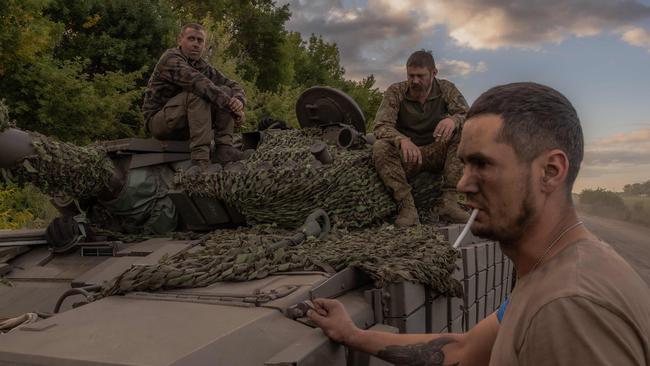
Ten days on and the incursion continues to advance. Ukrainian forces have now seized 1,150 square kilometres of the Kursk region, and are advancing at a rate of over a kilometre a day, according to Oleksandr Syrsky, the head of the army.
The invasion party, believed to comprise as many as 10,000 troops, has hoisted the blue and yellow flag above dozens of small towns and villages, and as many as 200,000 Russians have fled their homes.
Vladimir Putin now becomes the first Russian leader since the Second World War to lose territory to a foreign power. In a sign of his displeasure with his army’s response, he has appointed Alexei Dyumin, a member of his inner circle, to oversee the situation.
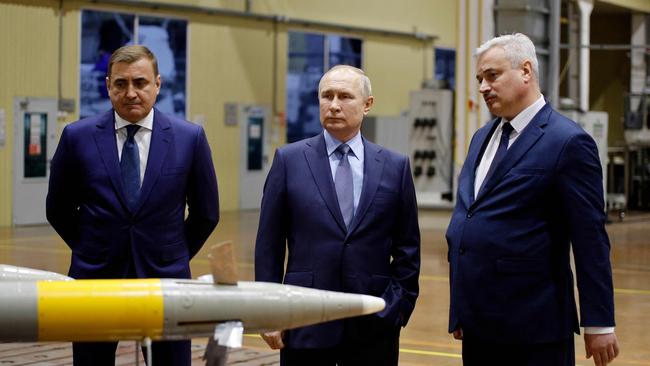
Moscow is now drawing regular units from various points along the frontline, as well as from bases around Russia, to counteract Ukraine’s offensive, though more slowly than Kyiv had expected, sources say.
It was three days into the incursion when Adam and his unit eventually faced equally-matched opposition. By that stage they had reached Sudzha, a town ten kilometres inside the border. As a unit specialising in raids and assaults, their task was to go through the town methodically clearing every apartment block, ensuring there were no Russians soldiers lurking inside.
Initially meeting little resistance, they were able to clear four blocks within the first day. But on the second day the work became a lot harder. “We realised then that their special forces had arrived and from then on the fighting became much heavier,” Adam said.
A day later he and two other soldiers were attempting to carry to safety a comrade who had been hit on one of Sudzha’s main avenues, when they realised they were surrounded on all sides. In order to try and draw fire away from the others, Adam ran as fast as he could down the street.
Shelling and gunfire began to follow him, so he took shelter in a crater in the asphalt. But as he did so, a grenade fell from a building landing about 15 metres from where he was lying. Were it not for the reinforcements who arrived moments later, Adam would likely not have made it.
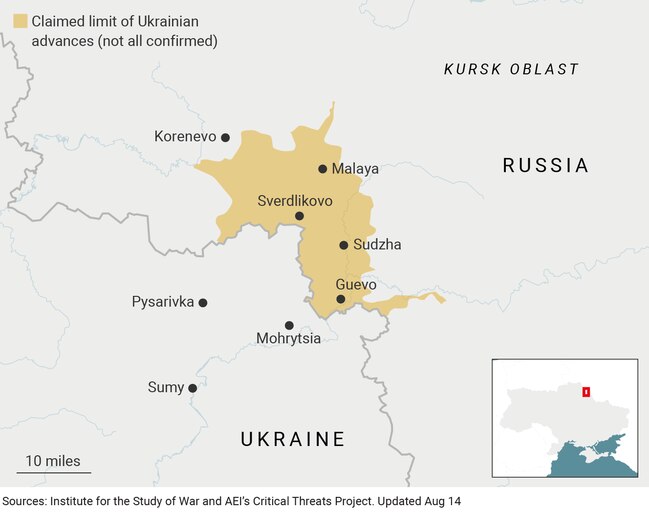
Today he is recuperating at a hospital in the Sumy region, having suffered shrapnel wounds to his hands and body. By comparison with some of his fellow patients, Adam got off lightly. Men with bandaged heads and sutured wounds limp slowly around the hospital grounds. Buses arrive to take the worst injured to hospitals deeper inside Ukraine, beyond Russian rockets.
Adam, who lights his cigarettes with a trophy he acquired in Sudzha, said that the unit cheered when they were told they would be heading across the border. For the past two and a half years, they have been involved in some of the bloodiest battles of the war so far: the vain defence of Avdiivka and the ongoing fight to repel Russia’s advance on Kharkiv this year.
As such they have become specialists in street fighting. A month before they were dispatched into Kursk, some of the unit were sent to England where they underwent a scheduled few days of training alongside British soldiers. A major focus of the training was raids on high-rise buildings. As they made their way through the Kursk countryside, they came across packages that had been dropped from above by drones. The Ukrainian army does sometimes supply its troops this way, but the soldiers were suspicious. They were right to be: the drinks were spiked with mercury, an invisible but lethal substance.
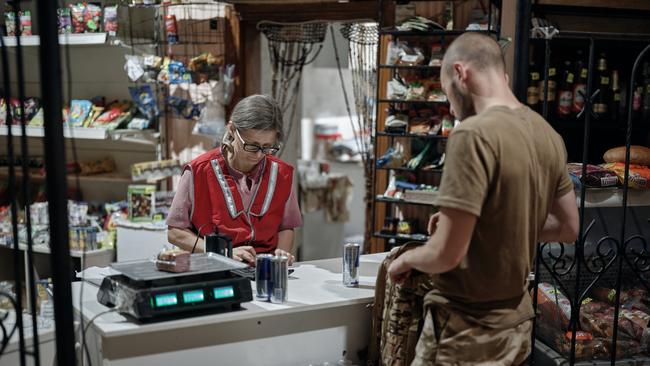
When they entered Sudzha, they found that food in the shops had also been poisoned. Yesterday (Thursday), President Zelensky said Ukraine had full control of the town, which holds a strategic importance for the fact that there is a measuring station there for Russian natural gas that flows through Ukrainian pipelines to Europe.
Preparation for the assault was shrouded in secrecy. Not only did it take Russia unaware, but so too did it come as a shock to many senior defence officials in Kyiv. Vova, 25, a company commander with the 82nd brigade, had a fairly strong suspicion that something was afoot when Syrsky made a visit to their position in Sumy a few days before the operation began.
Vova was 40km inside Russian territory when he was hit in the leg by shrapnel from a 30mm round while fighting in a forest. The soldier who was standing next to him lost an arm. Unlike Adam, Vova and his company faced fierce fighting from the start, made no easier by what he saw as the poor organisation of the assault.
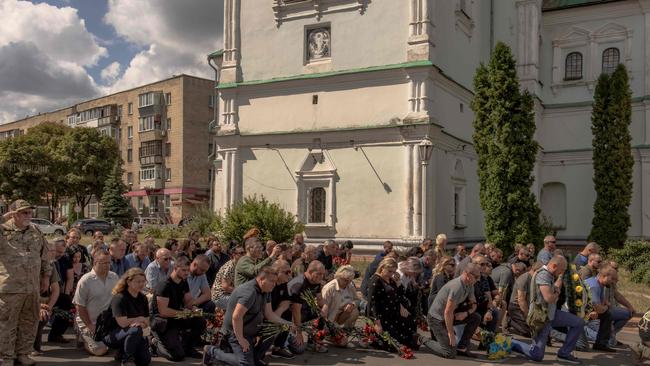
“Some of the units involved were moved here so quickly that they didn’t have any time for preparation,” he said, adding that some of the western-donated rifles provided repeatedly jammed. There were also not enough medical vans to carry out evacuations quickly, a problem that encountered first hand.
Adam’s unit has now moved on further into Kursk, though he would not say where. The government has largely refrained from speaking publicly about the scope or ambitions of the operation, and it is unclear as to how long it intends for its forces to maintain their position on Russian soil.
Mykhailo Podolyak, a senior adviser to Zelensky, said yesterday (Thursday) that one of the aims of the operation was to try and turn ordinary Russians against the war. “When we entered the Kursk region, we saw how shocked people were: they live in a different reality,” he said.
“Now they see a completely different situation. Of course, all this will have serious social consequences for Russia. Perhaps, some discussion will finally begin about what kind of war this is.”
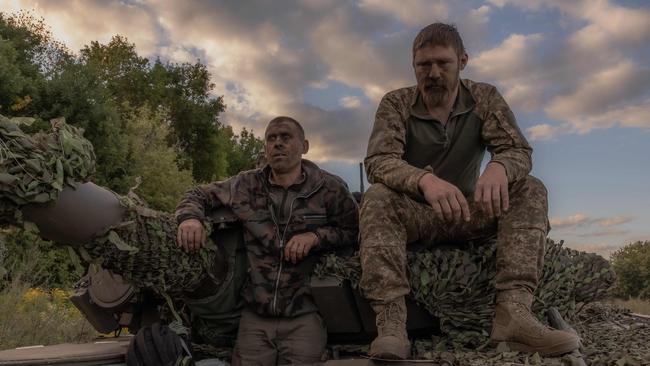
As the Ukrainians advanced this week, a second border region declared a state of emergency. Vyacheslav Gladkov, the governor of Belgorod, declared a state of emergency on Wednesday morning, describing the situation as “extremely difficult and tense” due to intense shelling and drone attacks.
Analysts suggested that officials believe the situation is worsening and hampering the region’s ability to deliver aid. Under the upgraded declaration, residents who suffer severe health damage will be eligible to receive payments of up to 600,000 roubles (dollars 6,700). Those who experience a loss of property are eligible for up to 150,000 (dollars 1,700), Russia’s emergencies ministry said.
Meanwhile, Laurynas Kasciunas, Lithuania’s defence minister, said Moscow had begun redeploying troops stationed in the Kaliningrad exclave.
Giving his first substantive comments on the situation, President Biden said he had been in constant contact with Kyiv over the past week, although the White House said earlier that it was not engaged in any aspect of planning or preparation. “It’s creating a real dilemma for Putin,” Biden said.
Adam said that he had been told by his commander that one of the objectives of the advance was ultimately to disrupt supply lines from Belgorod, a city in the neighbouring region, to the Russian position in Kharkiv region.
Wherever they are then, he will not be rejoining his unit until September as he has been granted leave to see his mother on her birthday. “It’ll be good to get home, if only for a while,” he said, hobbling to take his cigarette stubs to a nearby bin. “I’m exhausted.”
The Times

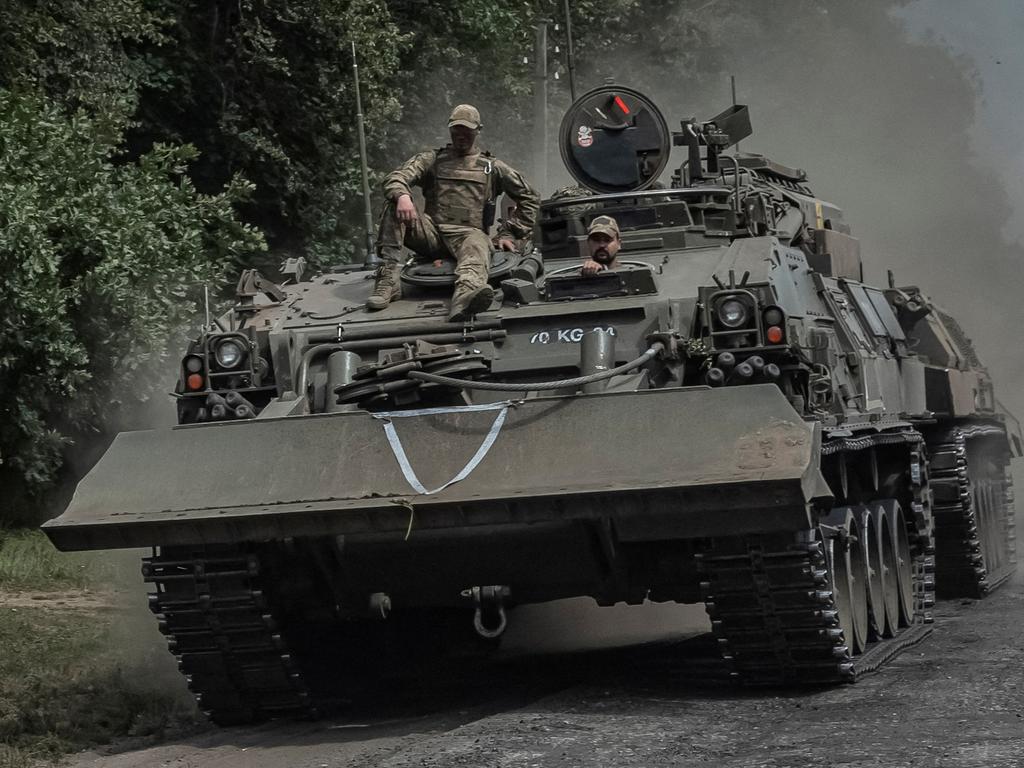

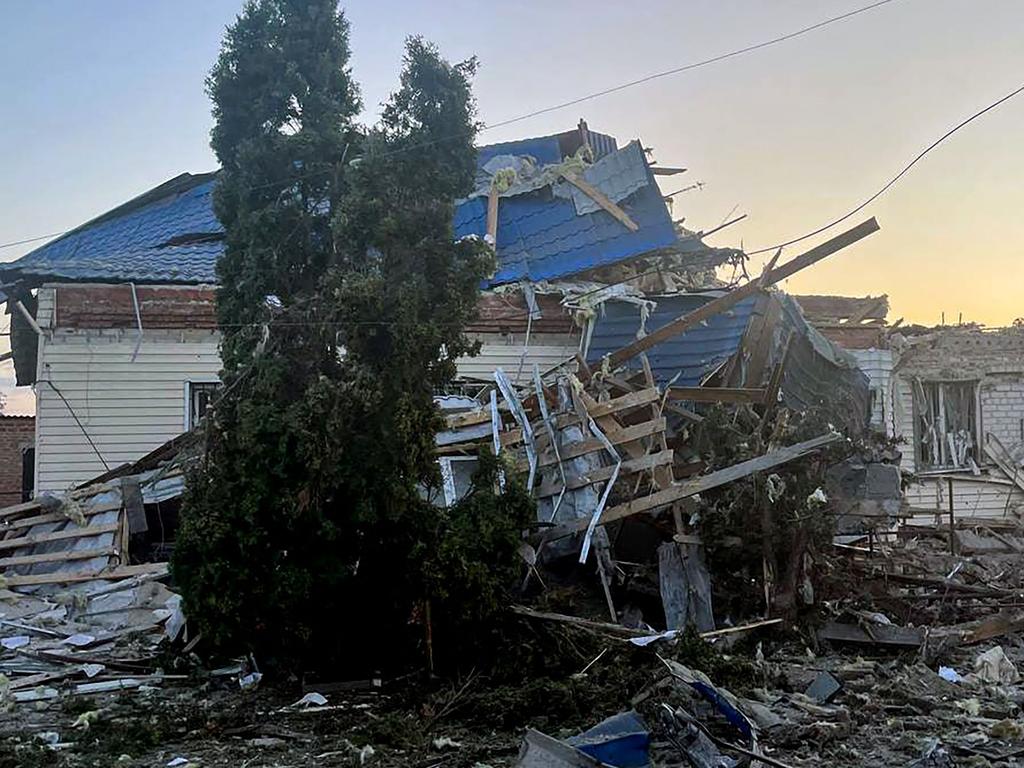

To join the conversation, please log in. Don't have an account? Register
Join the conversation, you are commenting as Logout